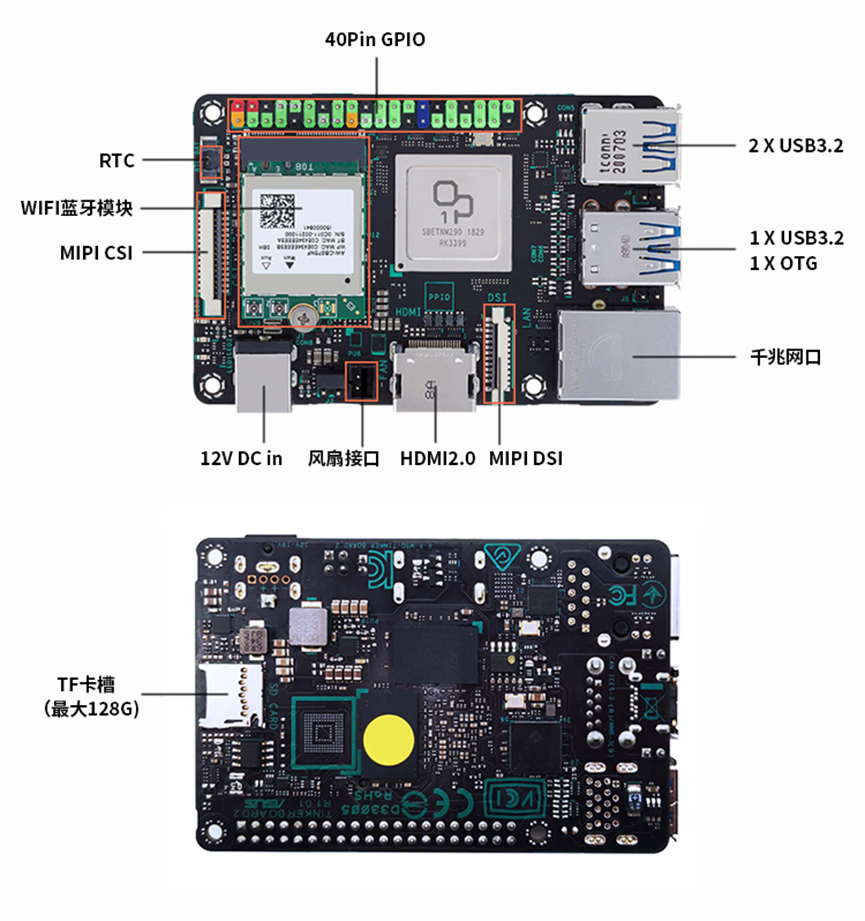


Once the download is complete, install some of the dependencies that will be used for compilation: sudo apt-get install git-core gnupg flex bison build-essential zip curl zlib1g-dev gcc-multilib g++-multilib libc6-dev-i386 libncurses5 lib32ncurses5-dev x11proto-core-dev libx11-dev lib32z1-dev libgl1-mesa-dev libxml2-utils xsltproc unzip fontconfig python3 bc cpio rsync wget Using the latest version of the upstream code may cause some compilation issues due to compatibility: mkdir riscv-android-src & cd riscv-android-src repo/local_manifests -b thead-android-community Downloading the source code took about 3 hours.ĭownload the Android open source project (mainline version) and development board support source code to the working directory, using a fixed version of the upstream code: mkdir riscv-android-src & cd riscv-android-src Due to the network, the download time may vary greatly depending on the network conditions, and it is recommended to use a proxy to download the source code.Ĭompiling on a machine with an E5-2699 CPU and 377GB of RAM took about 2 hours (in a docker environment on Ubuntu 22.04).

It is recommended to use a host with more cores. Get Startedīefore downloading the source code of Android open source project, please check your working environment, it is recommended to use a Linux system with at least 250G free disk space, 16GB + RAM (Ubuntu 20.04 or later version is recommended ) of the working environment, compilation time and the number of processor cores of the host computer is related to the host computer, it is recommended to use a host computer with more cores.
Android u boot source update#
It is expected to update the SDK and documentation with more complete functions in October. Touch screens and USB peripherals are not supported yet. The image offered in this document only support basic functions such as HDMI display and Ethernet after compilation. This project is a repository supported by the Android Open Source Project (AOSP), which contains board-level configuration, peripheral HAL layer, kernel, u-boot and pre-compiled component support for the LPi4A board, while the rest of the components can be pulled directly from the upstream AOSP repository.


 0 kommentar(er)
0 kommentar(er)
